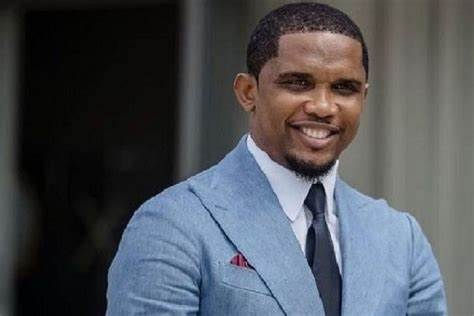COUP D’ETAT IN AFRICA: PERCEPTION WITH VARIABLE GEOMETRY UNDER THE PRISM OF THE WEST
- Sep 22, 2023
- 2 min read
Perception with variable geometry under the prism of the West
Coups d'Etat often draw their basis from the concerns in which people and nations navigate, and from the emergencies arising from occurrences which ensure that there is danger in the home and the need to act often in haste, to the good of the nation. At least, these are the official reasons often given by putschists, to credit their actions which otherwise would appear as assaults or coups of force without significant value for nations in general and populations in particular.
In the case of Niger, France, feeling its interests threatened, instructed General Tiani to hand over power to Mohamed Bazoum, failing which it would land him manu militari. To make his regime unpopular, a battery of measures was taken to hasten the fall of the regime. Putting its threats into action, France led an unprecedented diplomatic campaign with the European Union, the United States of America, ECOWAS, the African Union... in order to unite their points of view in the all-out condemnation of the Niamey regime. In the wake of such consultation, sanctions are taken almost hastily. The Niamey Regime bends but does not break.
On August 30, the Gabonese military, undoubtedly inspired by their peers in Niamey, deposed Ali Bongo. Silence in the room. We no longer hear the vociferations of Françafrique, even less the condemnations of ECOWAS or the African Union. Western chancelleries only state “their concerns”. Some say they are “monitoring the situation closely”, others pay lip service, just for the sake of form. Would there ultimately be good and bad Coups? That is the whole question, especially since in Paris, we have already reconnected with General Oligui Nguéma, head of the junta in Gabon. In fact, the Gabonese putschists had cautiously affirmed during their takeover speech on the Gabon 24 channels, that they would respect Gabon's commitments, “both internally and internationally”. Understand, we will not erase France from the political landscape of the country. The latter will always remain the masters of the situation, while their interests will be preserved. As a result, we no longer hear the cries of horror, which nevertheless remain present in the Nigerien theater. “Coup for Coup d’Etat”? There seem to be good Coups d'Etat, Paris believes, which does not however give up waging war in Niger, through subcontracting from ECOWAS.
The irony is the fact that some Africans seem to be okay with it. Heads of state on the continent would be ready to take part in this proxy war, exploited by France, on African soil, in order to strengthen the interests of this country on their own continent.
Whatever the case, the Gabon Coup d'Etat clearly shows that condemnation or support for the regimes in power in Africa depends on the guarantees offered by these regimes to the tutelary powers, often lurking outside the continent. The more these trends are contrary to Western interests, the more dramatic the condemnations will be. The more they show allegiance to neocolonial powers, the better they will be dubbed, or even protected, by these same powers.
In other words, Africa still remains the seat of hegemonic and antagonistic interests between powers, interests very often contrary to the will of the African people.
By Maurice TIENTCHEU







Comments